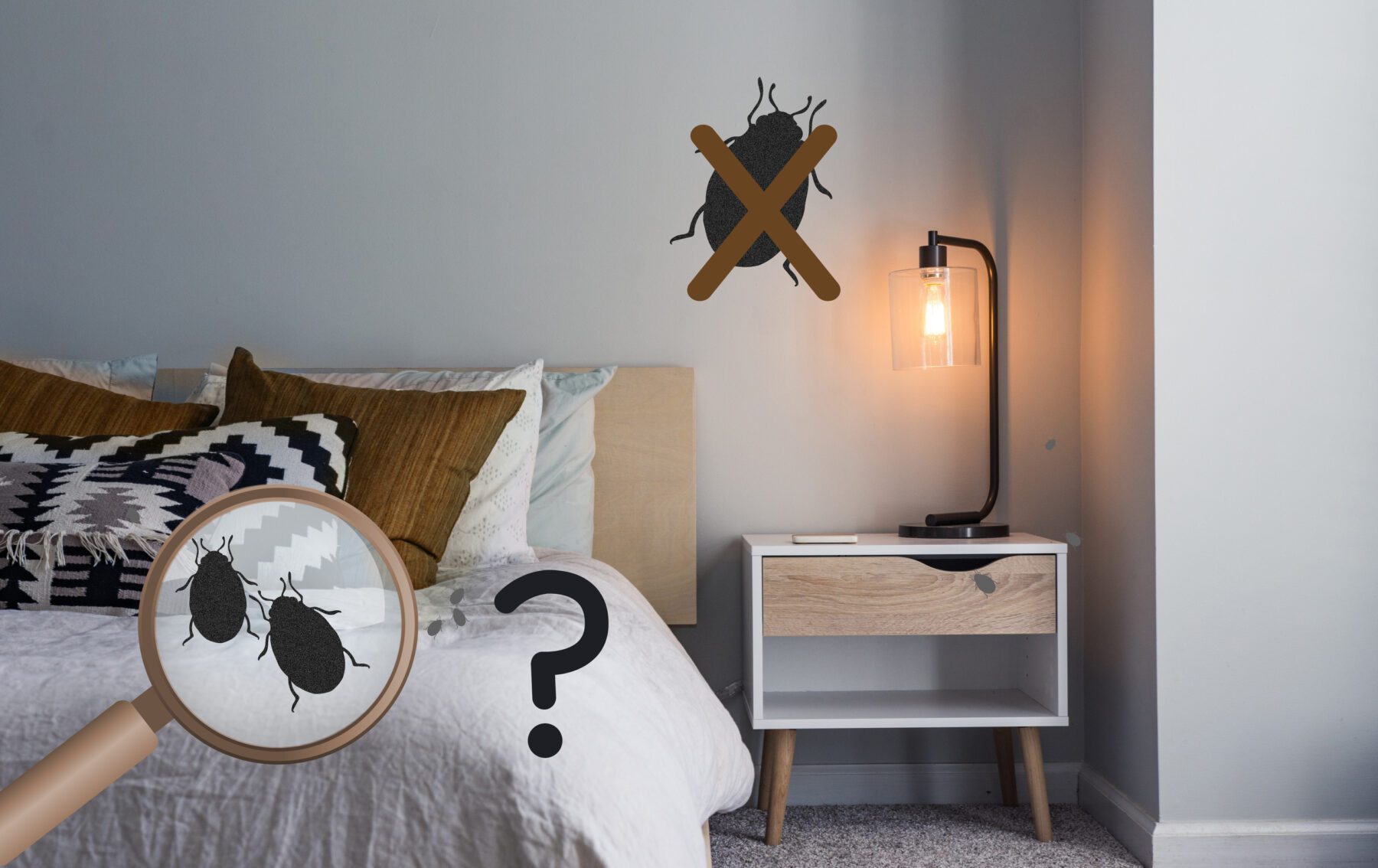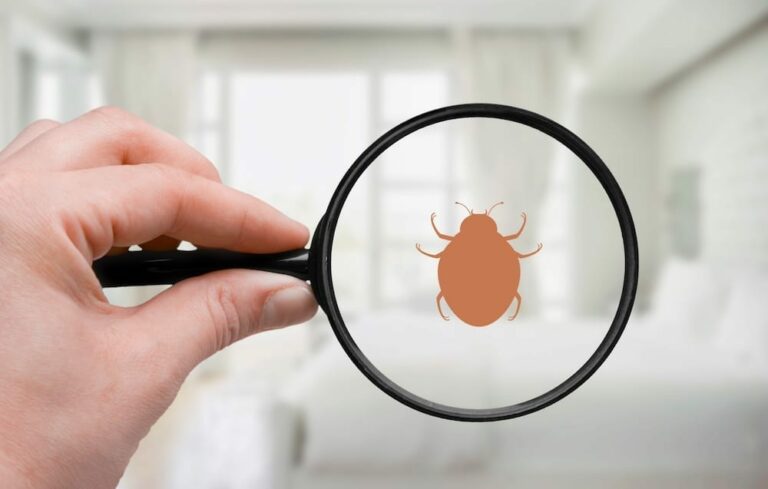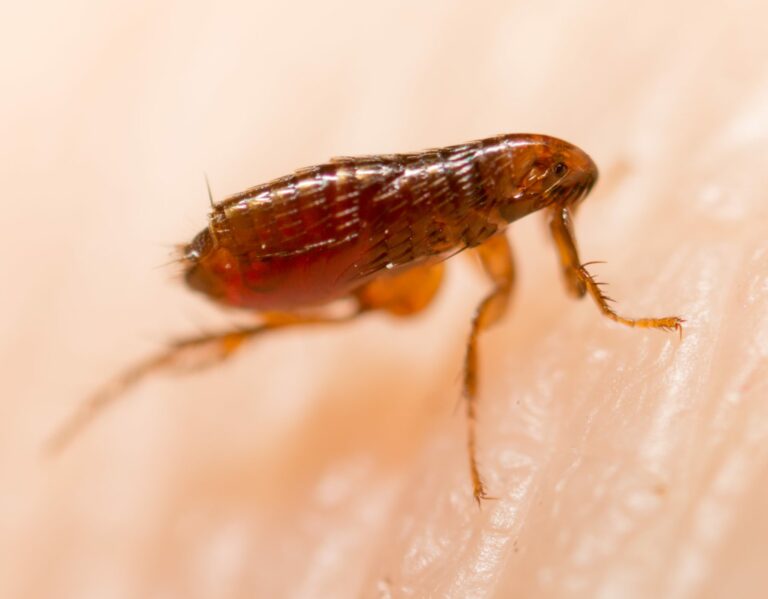How Long Can Bed Bugs Live in an Empty House?
Are you thinking of moving into a new house but are afraid of the possible bed bugs or other insects lurking around the area? In the case of common bed bugs, your suspicions could be correct.
Infestations are a nuisance in your home and can cause several inconveniences in your daily life. In particular, bed bugs are pesky creatures that feed on human blood, and these bug bites can bring about itchy, red bumps on your skin. Whether it’s a century-old home or a newly-built house that hasn’t even been lived in, bed bugs live in all environments and can threaten your well-being and safety.
If you are worried that insects may be present in your vacant home, it’s essential to know how bed bugs live. Luckily, we’ve gathered information on how bed bugs can thrive in an empty house during the day.
Where Do Bed Bugs Live in an Empty House?
Contrary to the myth that bed bugs live primarily in messy areas, these insects are capable of lurking in open spaces without any food sources around. They also aren’t picky about the temperatures; bed bugs live in both hot and cold environments. In the case of a vacant house, bed bugs hide in the cracks and crevices of walls or furniture if they don’t sense carbon dioxide coming from a host.
Surprisingly, bed bugs can survive a long time without feeding, depending on their age and the temperature of their environment. Freshly hatched bed bugs can survive weeks without blood, while adult bed bugs aim to provide every 3 to 7 days. However, even adult bed bugs can lose up to ⅓ of their body weight and enter a state of semi-hibernation for many months, even up to nearly two years, to conserve energy before giving up their crusade.
How to Find Bed Bugs During the Day
If you suspect pests in your vacant home, it’s important to know how to check for bed bugs and keep them under control. Checking will also tell you if bed bugs spread to other areas of your home without waiting for bed bug bites to appear on your skin. However, can you see bed bugs?
Bed bugs are visible to the naked eye, but are very small. Using the proper equipment can therefore help find them much easier. For one, an active monitor will lure bed bugs out of hiding only to get stuck in a trap. Bed bug interceptors will also help to discover an infestation by attaching them to bed posts and furniture legs to catch any insects climbing up furniture.
Another way to use interceptors is by placing them in every room next to a piece of dry ice. The carbon dioxide emitted from the dry ice will lure bed bugs out of their hiding to become trapped in the interceptors.
What Causes Bed Bugs to Die?
Once you have concluded the presence of bed bugs, it is essential to note that bed bugs will eventually die if a home is left unoccupied for an extended period. However, this can take well over a year and closer to two years, and if the insects find an alternate food source, such as a mouse or rat they can continue to survive. For this reason, you should cover any belongings – particularly your mattress – with a protective seal to prevent bed bugs from moving around the home.
Bed bugs can also die from exposure to extreme temperatures. In particular, bed bugs cannot live at a consistent temperature of below 25 degrees Fahrenheit for three weeks. On the other end, these creatures won’t withstand a week above 113 degrees Fahrenheit. As for removing these unwanted pests from your home permanently, hiring a pest control company that knows how to get rid of bed bugs is always the safest option. Pest control will use professional equipment to kill bed bugs without the risk of leaving some behind.
Need Help With a Bed Bug Infestation?
Concerned about keeping pests under control in your new home? The early signs of bed bugs can often be unclear. At Bed Bug Barbeque, we pride ourselves on a team of qualified pest management experts who can help eliminate bed bugs in your home and keep you from receiving itchy bed bug bites.
Visit our website or contact us today at (216) 400-5379 to learn more about what we can do for you.







